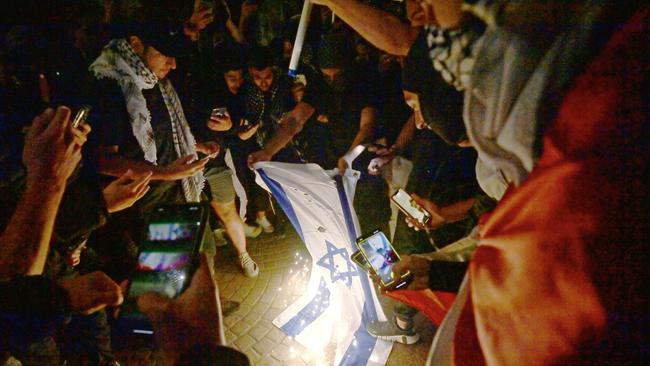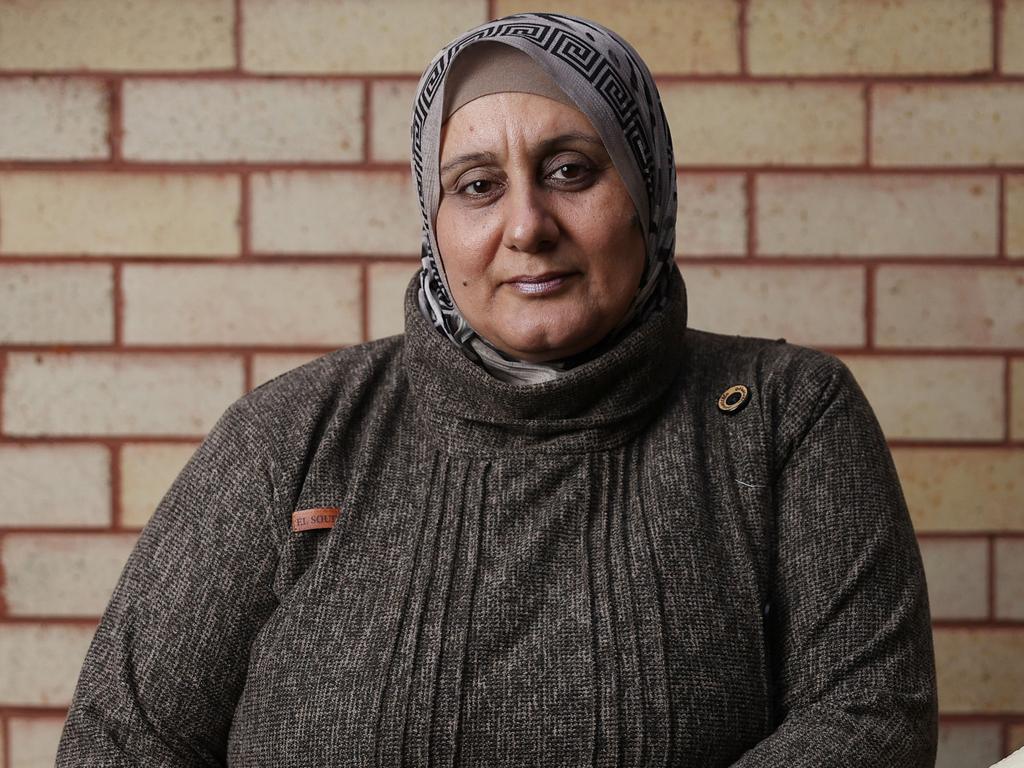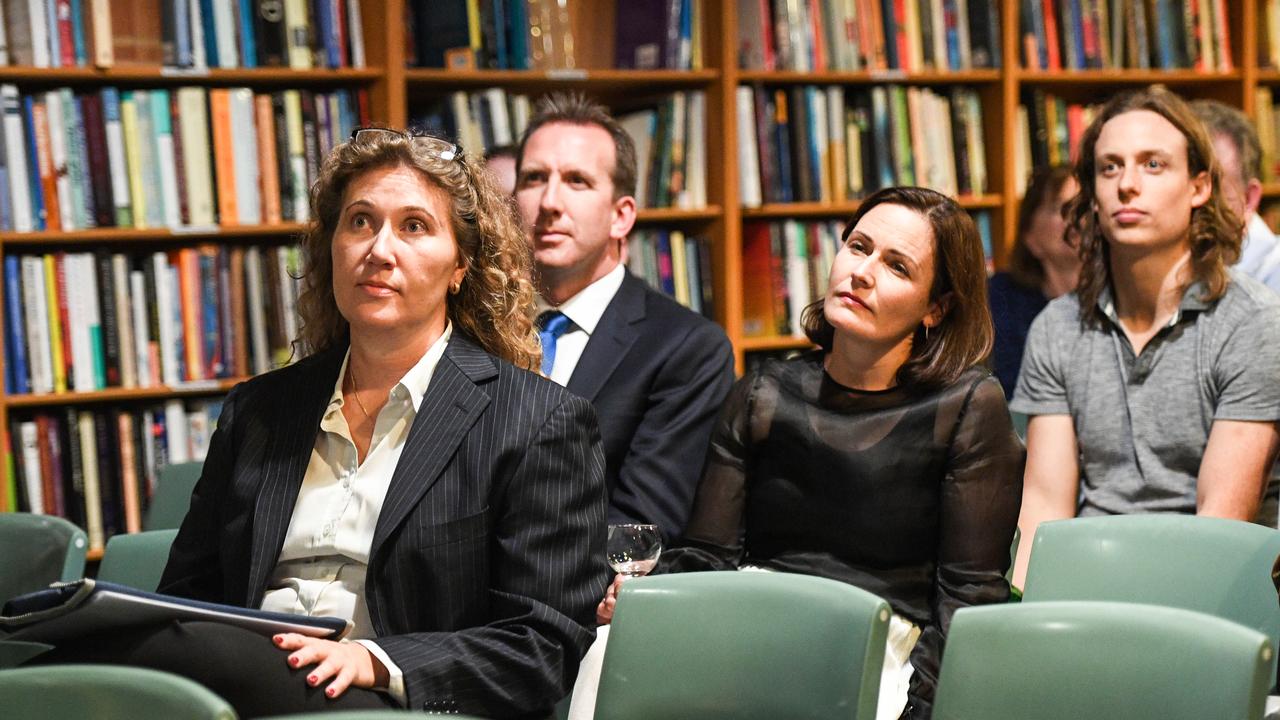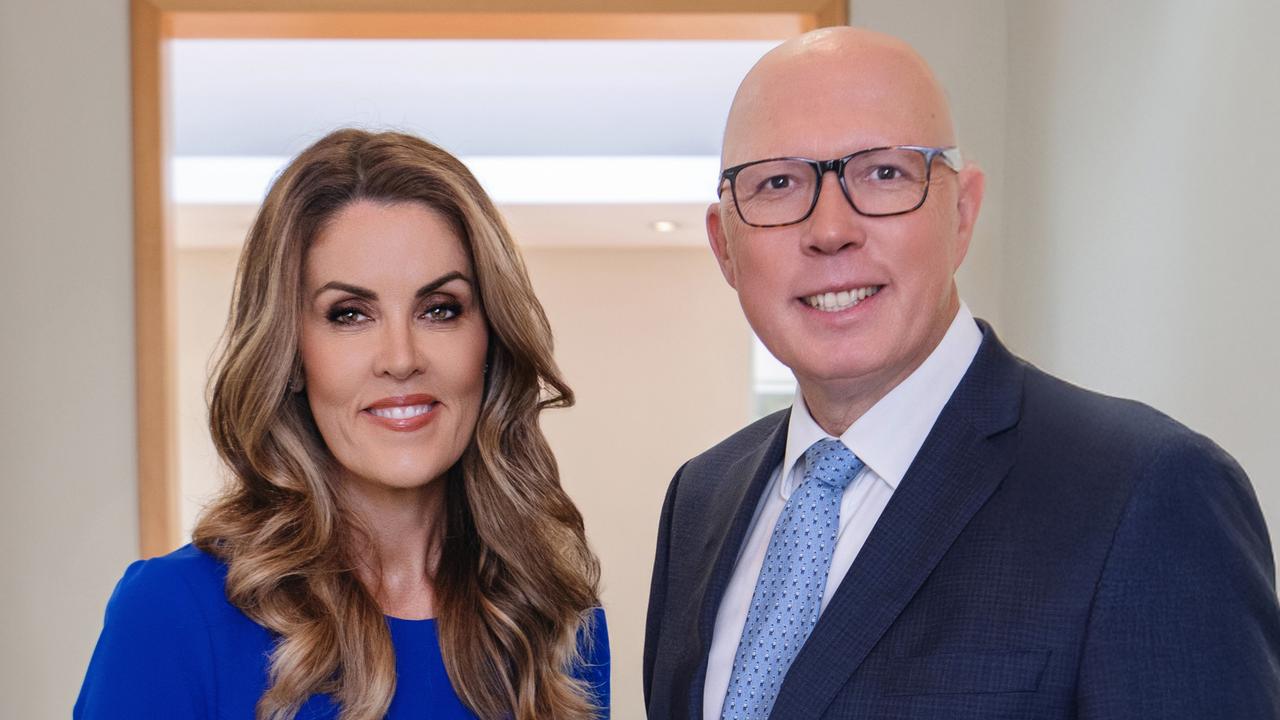Cultural rigidity, not Muslims, will rip social fabric
We are a multiethnic society and we have a fluid immigrant culture. Going back to an idea of assimilation is not viable.

Immigration and problems of social cohesion have generated a lot of heated discussion lately. For the right commentariat, integration and assimilation are the good buzz words. Multiculturalism is the bad buzz word of the left. Some look at the riots in Britain and think: Will we be next? And what they mutter is: “It is all because of the Muslims” – seemingly confirmed by the latest example of iconoclastic Islamism, the Muslim Vote.
People who question our approach to immigration do have a point. Where should immigrants come from? How are they to fit in, especially in time of international conflict? However, in all this clamour, does the average suburbanite think his social fabric is coming apart, especially if, as is likely in Sydney or Melbourne, his neighbours are immigrants?
Perhaps some people make the mistake of extrapolating from separate issues that are indeed worrying – stuff-ups over detainees, Islamic extremism, unchecked Palestinians and loud anti-Semitism – to form a generally anti-Muslim attitude. From there it is poisoning our overall view on immigration and its impact on our culture.
We are a multiethnic society and we have a fluid immigrant culture. Going back to an idea of assimilation is not viable. Ask yourself: What can immigrants assimilate into, given such a fluid culture? Once, assimilation was all – though what you were supposed to assimilate to was never clear. Yes language, that made things easier. But some things should not and cannot be given up: your name, your religion, your family’s roots.
Some of this anti-immigrant feeling is nostalgia for our British monocultural past. Our system of government, our history, is British and imperial, but many people cannot accept that through the years we have shifted to recognising a breadth of cultural influences in Australia that are not British. Nevertheless, the notion that there is a monoculture persists, especially among the right.
It has been exacerbated by incidents here and panic over events in Britain. Hence there is murmuring for revision of multicultural immigration policy to be discriminating in our choice of immigrants, not only on economic grounds but also on cultural and religious grounds.
Several separate violent incidents have sparked this revisionism. The first was the attack on a western Sydney bishop by a 16-year-old, who has been accused of committing a terrorist act.
Online radicalisation is an international phenomenon that exploits the young vulnerable and stupid. Our security services have long been aware of the danger of “lone wolf” radical attacks and recently heightened the warnings.
This attack had nothing to do with the conflict in Gaza but it has heightened awareness of conflict and radical Islam in many minds and the worldwide pro-Palestinian demonstrations have exacerbated this.
Other events that have prompted anti-immigrant feeling and excited some commentators are separate to immigration as an issue – for instance, the panic caused by dangerous detainees who were not immigrants being let loose on suburbia. That was a failing of government, of a minister who failed to foresee and did not provide for the consequences of our own court’s decision, causing the fiasco of some of them being freed. It is certainly a pointer to bad administration and shortsighted government but it is hardly a breakdown in the social fabric or a crisis of law and order as in Britain, where economic and social problems blight society and there’s a tradition of anti-establishment violence that is almost a national pastime.
I have no doubt that recent pro-Palestinian anti-Jewish demonstrations have fuelled much of the talk of social fragmentation. But who was demonstrating and why?
The big demonstration at the Sydney Opera House was obviously a groundswell of pro-Palestinian feeling. It was an ugly demonstration, but it is no surprise that Muslims are anti-Israel and support Palestine; so do a lot of non-Muslims, especially young people.
However, in the aftermath of that demonstration, think about the ensuing attempts at disruption, especially on university campuses. How many of these people were our ordinary suburban Muslim working people taking time off to go to a demonstration? On campuses the pro-Palestinian cause morphed into something more serious that reinforced the spectre of political division. Campuses in Melbourne and Sydney were infiltrated by dangerous Islamic radicals supporting Hamas, some of them students bent on political manipulation. They certainly had a field day manipulating stupidly naive young people, using a cause propelled by empathy for the suffering in Gaza, and deliberately stirring division. This has been taken to its logical conclusion by the defection from Labor of senator Fatima Payman that has since morphed into the Muslim Vote as a political group and an idea.
The Muslim Vote is spooking the right as it seems to confirm the feared social fragmentation. For the left the scary practical thing is the prospect of losing a solid Labor vote, which of course Labor was responsible for, mostly by branch stacking. Political parties based on religion are not part of our system, but there are two distinct groups involved in Sydney community Muslim politics. Jamal Rifi supports Tony Burke, sensibly, so that Muslim concerns are not viewed as outside the mainstream. Then there is Dr Ziad Basyouny, whose Muslim group may steer many Muslims into artificial iconoclasm, seemingly threatening our religious and ethnic consensus.
But fragmentation can happen only if we allow it to happen. Rigidity about culture pushes people into iconoclastic positions. Our immigration policy of fluid, easy integration that respects your name, family, religion, works. It has proved its worth, making us the most successful immigrant nation. We must continue with it.






